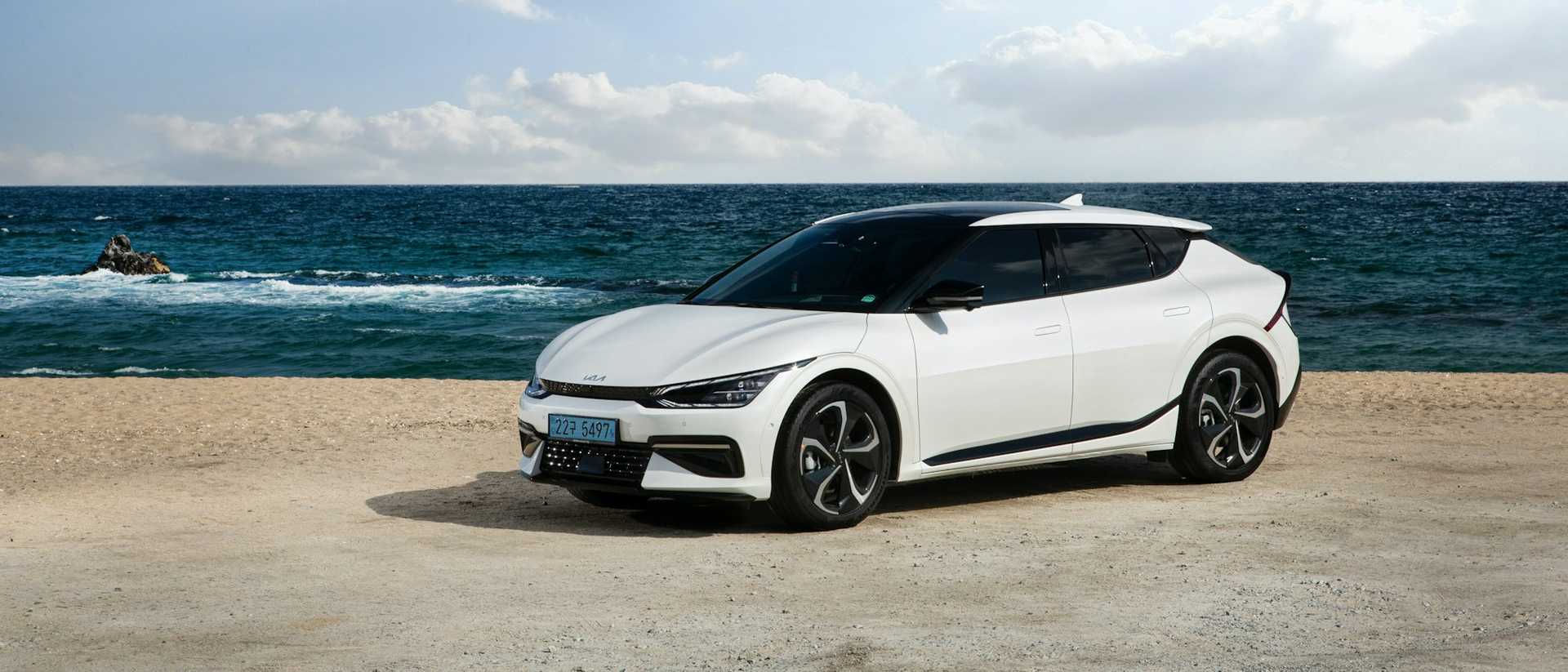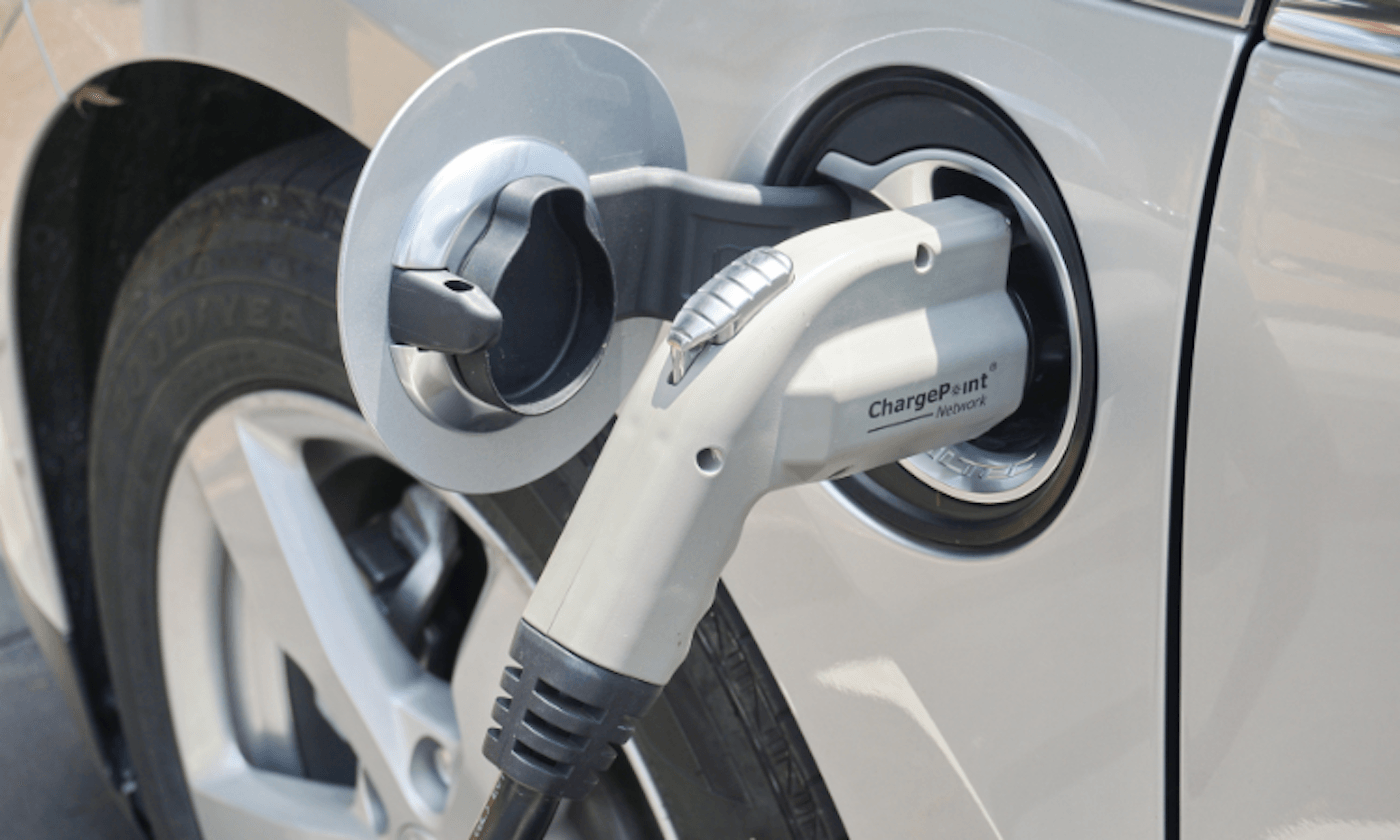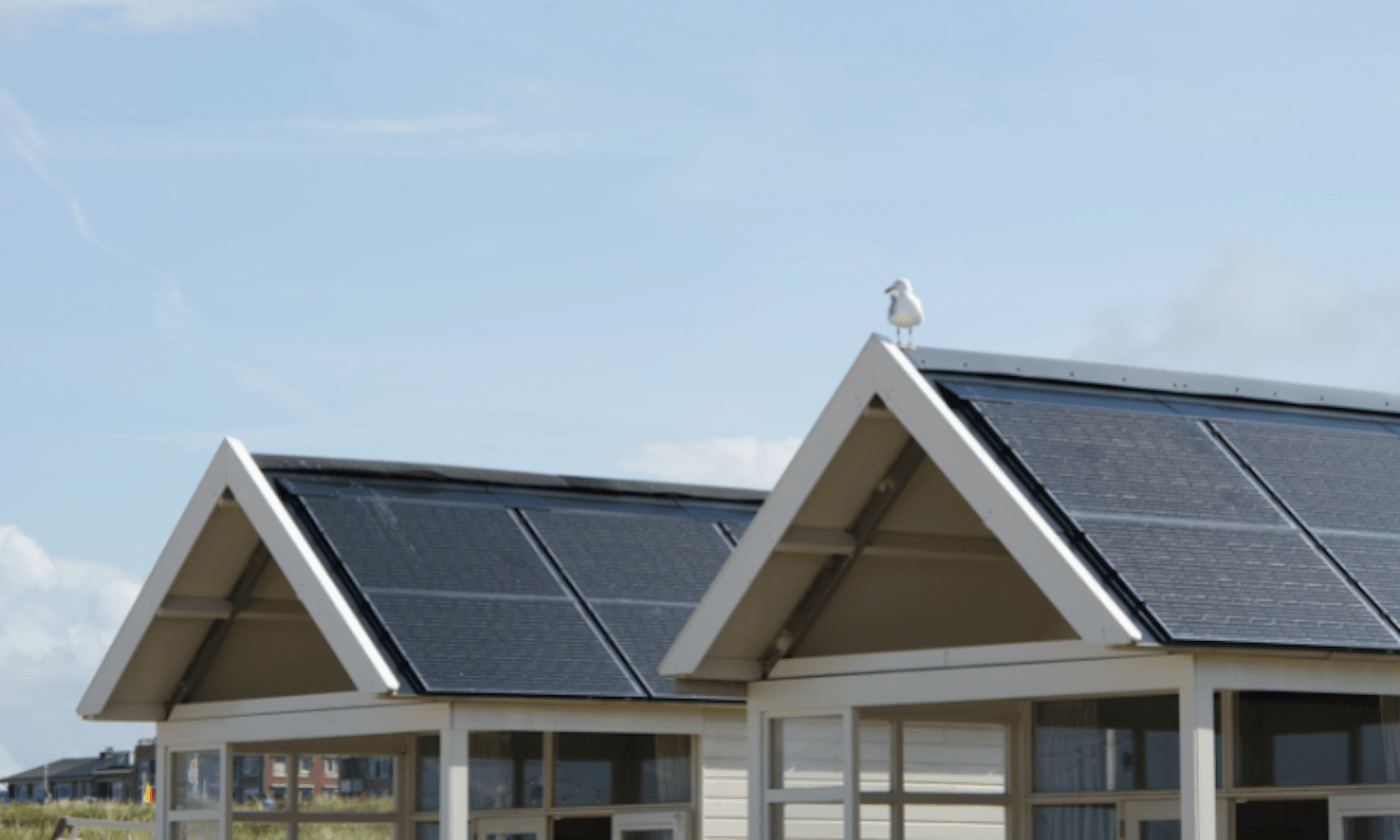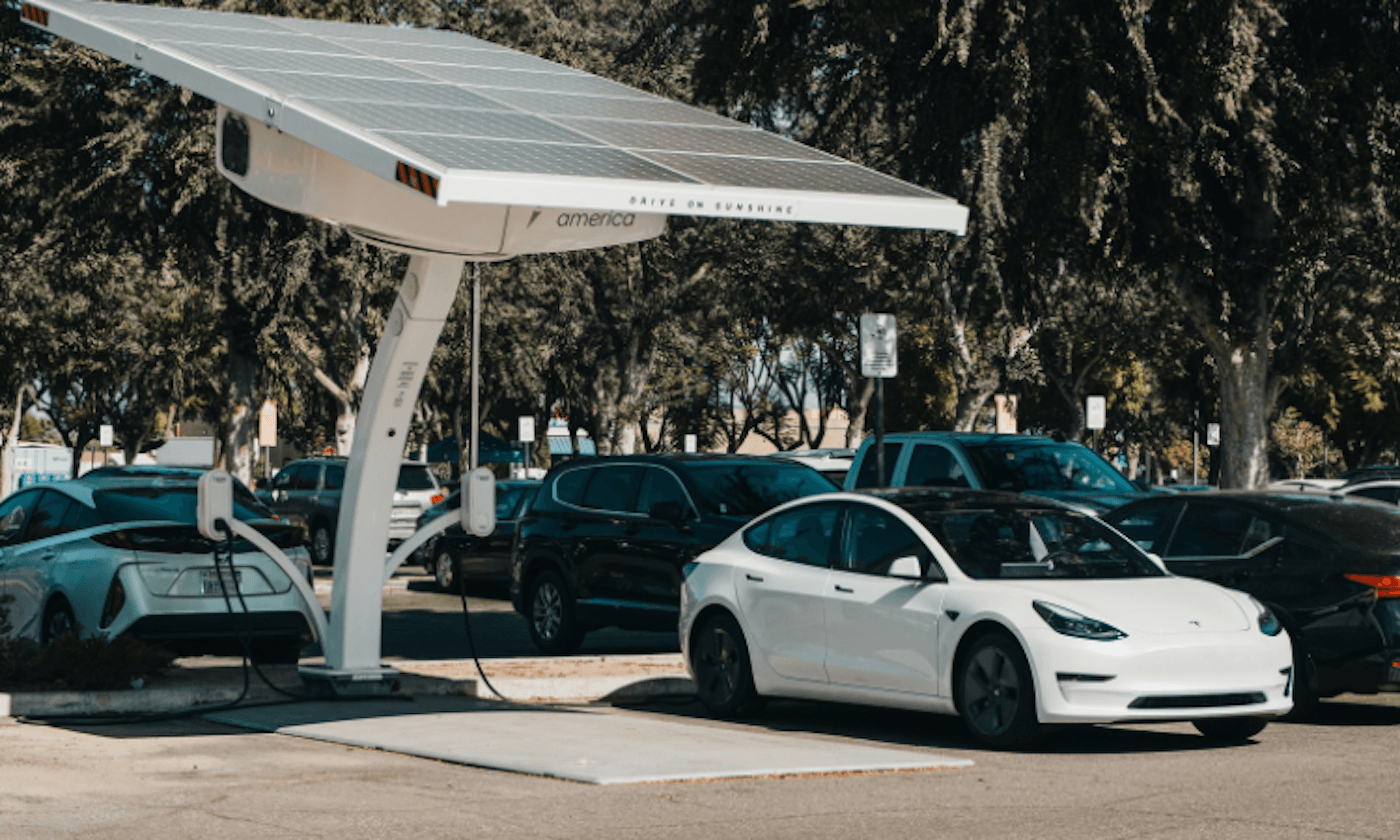How Much Does It Cost to Charge an EV?

Most car buyers are rather surprised when they figure out just how much they could save by switching to an electric car. And the savings can get astronomical if you’re already using solar panels in your home for instance.
Keen to know more?
This article will explain every cost associated with charging EVs and show you ways you can reduce costs even further and save bucketloads.
So, How Much Does Charging an EV Really Cost?
Before we dig deeper into the numbers, here’s a quick comparison.
In Australia, the average cost of electricity is $0.25* per kWh. Travelling 100km in an electric vehicle requires about 18 kWh of electricity. That means you’re paying $4.5 per 100km.
Let’s compare this with a petrol car. At the time of writing, the price of a litre of unleaded is approximately $1.80*, and 11.1 litres are required to travel 100km.
This means you’re paying $19.98 per 100km.
That’s over 400% more expensive.

Charging Costs Of An Electric Vehicle at Home
Any prospective electric car buyers’ first question is likely to be along the lines of how much does it cost to charge electric vehicles at home?
Well, the good news is, not much! Especially if you’re using solar power in your home already.
Unfortunately, the charging station infrastructure outside the home isn’t exactly 100% where it needs to be just yet, meaning it’s not always easy to charge an electric vehicle away from your home charging station.
This could be looked at in a positive light though and actually spun on its head to turn this into a positive for EV drivers. Can petrol cars be refilled at home whenever convenient? No? Electric vehicles can.
Now the biggest thing EV drivers need to be acutely aware of is how the electricity rate varies from state to state, as does the average kilowatt hour and how this will affect your charging costs.
As of the current figures, to work out how much it will be to charge an electric car in your home, take the size of the average electric vehicle battery and multiply it by the average kWh price of electricity in your state.
- ACT - 30.3270 - Average kWh Rate, $18.20 - Real Cost to Charge (60 kWh battery)
- NSW - 31.2363 - Average kWh Rate, $18.74 - Real Cost to Charge (60 kWh battery)
- QLD - 25.8170 - Average kWh Rate, $15.49 - Real Cost to Charge (60 kWh battery)
- SA - 40.1830 - Average kWh Rate, $24.11 - Real Cost to Charge (60 kWh battery)
- VIC - 24.4440 - Average kWh Rate, $14.67 - Real Cost to Charge (60 kWh battery)
Charging Costs of an Electric Vehicle at a Commercial Charging Station
When it comes to charging your electric vehicle, you’ve got a series of options:
- Level 1 Charger or at-home chargers
- Level 2 Chargers.
- Level 3 Chargers or rapid charging station
At-home chargers have to be installed in your home and therefore are expensive initially. Still, the cost per kWh is only roughly $0.25 per kWh. Level 2 chargers are of a similar amount at $0.20- $0.25 per kWh. Finally, Level 3 chargers are the most expensive and also the least common EV chargers in Australia. They cost an average of $0.55 per kWh.
Charging Costs of An Electric Vehicle at a Fast Charging Station
An L3 EV charging station, or a fast charging station, is far less common in Australia and mainly lies on the coast.
They’re the fastest EV chargers available, and as a result of convenience, you’re paying a premium. These stations usually charge between $0.30 and $0.60 per kWh.
Just based on the average rate of $0.55, here’s what you should expect to pay to quickly recharge the most popular electric vehicle models in Australia:
- Hyundai Ioniq Electric with a range of 290km and 38.3kWh battery = $21.07
- Nissan Leaf with a range of 385km and 60kWh battery =$33
- Tesla Model 3 Long Range with a range of 520km and 65kWh battery = $41.25
- Hyundai Kona Electric with a range of 450km and 65kWh battery = $35.75
Charging Costs Of An Electric Vehicle At a Level 2 Charging Station
Level 2 EV public charging stations are among the more easily accessible options when it comes to everyday scenarios. You can find these kinds of charging stations in office blocks and shopping centres, for example.
Level 2 public charging stations usually charge between $0.20 and $0.25 per kWh. You should be aware that most of the places these stations have additional costs involved, such as paid parking fees.
Just based on the average kWh rate of $0.225, here’s what you should expect to pay with the most popular EV models in Australia:
- Hyundai Ioniq Electric with a range of 290km and 38.3kWh battery = $8.62
- Nissan Leaf with a range of 385km and 60kWh battery = $13.50
- Tesla Model 3 Long Range with a range of 520km and 65kWh battery = $14.63
- Hyundai Kona Electric with a range of 450km and 65kWh battery = $16.88
There’s also some really good news for EV owners.
Throughout Australia, there are several, free EV commercial charging stations. Yep - you heard right, free EV charging, with some places of business offering incentives and programs to encourage electric car adoption.
How to Calculate the Cost of Charging Your Electric Vehicle
It’s actually extremely easy to calculate the cost of charging your car on your own. Here’s the formula so you can always be ready to work out the cost of charging your electric vehicle:
EV battery size (kWh) x Rate per Kilowatt ($ per kWh) = Charging cost
Comparison - Cost To Charge Electric Car Vs. Cost To Fill Up Petrol Car
Is it cheaper to charge an electric car, or fill up a petrol car?
Well, take a look at this table depicting the costs based on the 4 most popular EV models versus the 4 most popular petrol cars in Australia.
The results might truly shock you!
For the sake of the comparison, we are going to avoid public charging costs and charging our electric vehicle at home.
4 Most Popular Electric Cars in Australia (Battery Capacity & Cost to Charge @ $0.25x per kWh)
Hyundai Ioniq Electric - 38.3kWh, $9.57
Nissan Leaf - 60kWh, $15
Tesla Model 3 Long Range RWD - 75kWh, $18.75
Hyundai Kona Electric - 65kWh, $16.25
4 Most Common Petrol Cars in Australia (Petrol Tank Capacity & Cost to Fill Up with Petrol @ $1.620x per/L)
Toyota Hilux - 80 L, $129.6
Ford Ranger - 80 L, $129.6
Toyota Corolla - 55 L, $89.1
Hyundai i30 - 53 L, $85.86
You probably weren’t expecting the difference to be this dramatic, but it’s evidence of the savings possible with an EV. This is even before discussing other factors such as how you can reduce the charging price!

How Can You Reduce The Cost Of Charging Your Electric Car?
What’s great about EV charging is that there are ways to reduce the costs of charging them even further. Considering they’re already cheap to charge, this is a great added benefit. So while you’re already saving an immense amount of money in comparison to petrol cars, it doesn’t have to end there.
There are several tactics you can use to reduce the price of charging your EV batteries. Let’s take a look at the 3 best methods.
Charge At Home
Public charging stations are always going to be more expensive. However, what is happening and will continue to become more mainstream is electricity companies offering packages to families that take into account EV charging. This can save you money monthly on the electricity bill.
Another great hack is using off-peak times to charge. Simply by using your home EV charging station in off-peak hours, you’ll save boatloads. Finally, be sure to check for any tax rebates you might be entitled to as an EV owner. They differ drastically from state to state but can be hidden amongst the legal jargon - be sure to check them, you might be entitled to some savings.
Reduce Battery Usage
Just like a petrol car can burn petrol faster with certain features being used, EVs can burn through power faster if required. So, if you’re hoping to save money on EV charging, don’t deplete the battery through unnecessary measures like speeding, rapid acceleration, etc.
These kinds of activities can quickly deplete your battery, and it’s going to cost more in the long run regarding where you’re charging your vehicle.
Never Ignore The Chance To Charge For Free
You’re going to start seeing this become more common, but as EVs gain popularity, businesses will respond. There’s going to be a growing number of free-to-use public charging stations at businesses in the hopes of attracting new customers and keeping old customers in place.
What does this mean?
It means you can charge your car for free. These businesses can be anything from grocery stores to banks. Nothing is off-limits. Additionally, you might be faced with the opportunity to charge your car at work for free.
The general point is to take any opportunity to use free chargers to save even more money.
Increase Battery Charge Efficiency
Finally, you want to ensure your battery is efficient when charging so that it’s not charging too slow. Most electric cars use lithium-ion batteries.
These types of batteries have temperature ranges that can negatively affect them and their ability to charge faster. So if it’s too hot or cold, you might find the battery not making much progress. So avoid harsh weather conditions.
The second thing you want to look out for is the SoC which stands for ‘state of charge.’ The last 20% will always charge the slowest, and that’s why you should stop charging at 80%.
Not only are you saving money, but you’re also keeping your battery alive longer and improving its energy efficiency.

Keen to join the EV revolution?
Are you tired of being on the outside of the green car revolution looking in?
With Driva, you can change that and join the revolution by getting a vehicle of your own! Drive offers personalised, transparent, and fixed-rate electric car loans to get you in a car of the future with ease!
FAQs
How Much Is It To Charge An Electric Car At Home?
While the average rate does vary from state to state, the general price of charging an electric car at home is roughly $0.20 per kWh. So depending on your car battery, you could be looking anywhere between $14.27 and $24.11 to fully charge a 60kWh battery.
This is also subject to change depending on when you charge your car or the type of charging station you have at home. Some handy hints to always remember is to avoid peak periods where the electricity rate is higher. Simply by charging in off-peak zones you can save big!
How Long Do Electric Vehicles Take To Charge?
The charging time to fully charge a big or small electric vehicle can vary. However, standard cars with a 70kWh battery usually require about 10 hours to fully charge. This is assuming they’re using a 7kWh charging point. There are ultra-rapid charging stations, but they’re less common than Level 3 public chargers.


.png)



.jpeg?ixlib=gatsbyFP&auto=compress%2Cformat&fit=max&rect=0%2C0%2C800%2C800&w=500&h=500)



